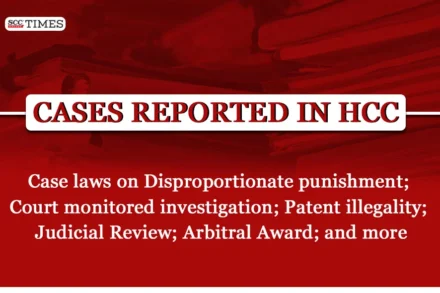
CASES REPORTED IN HCC | Case laws on Disproportionate punishment; Court monitored investigation; Patent illegality; Judicial Review; Arbitral Award; and more
An update on new addition of case laws to SCC’s High Court Cases (‘HCC’) volumes.

An update on new addition of case laws to SCC’s High Court Cases (‘HCC’) volumes.
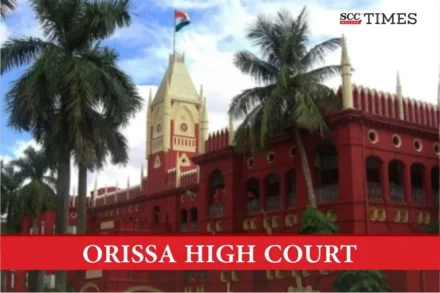
Orissa High Court held that the court’s intervention is limited and emphasised on the autonomy of the arbitral process and the finality of the arbitral award.

“The Statehas miserably failed to show any patent illegality warranting interference in appellate jurisdiction. Mere allegation would not suffice until and unless it stands substantiated from the pleading and the records.”
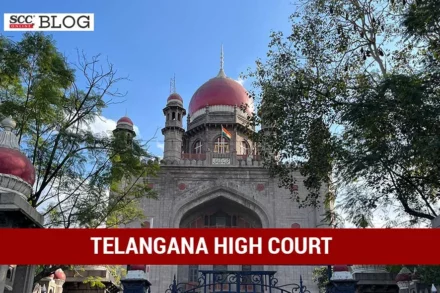
“The expression ‘public policy’ is of wider amplitude and hence, where award passed by arbitral tribunal is against the terms of contract or against law of land for time being in force, such an award is against public policy of India and is liable to be set aside under Section 34 of Arbitration and Conciliation Act, 1996.”

In 2001, the appellant, Director of Education under the aegis of the Directorate of Education created by the Government of NCT of Delhi, floated a tender for the implementation of the Computer Education Project (“CEP-II”) for various government/ government aided Senior Secondary Schools, and Educomp Solutions a provider of technology-based educational products and services was awarded the contract.
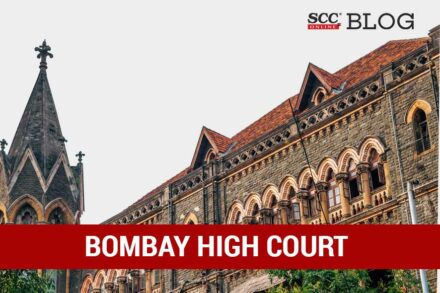
Bombay High Court viewed that by considering delays prior to the new contract, there was a ‘patent perversity apparent on the face of the award’.

A party cannot simply raise an objection on the ground of patent illegality if the Award is against them. Patent illegality requires a distinct transgression of law, the clear lack of which makes the petition a pointless effort of objection towards an Award passed by a competent Arbitral Tribunal.

Section 34 of the Arbitration Act is a clear and unequivocal embodiment of the Legislature‘s intent to balance the competing facets of arbitration, I.e., on one hand, while courts are enjoined to follow the minimalist intervention route, it would clearly be a travesty of justice if they were to fail to intervene where circumstances warrant, and demand corrective measures being adopted.

Indian Railway’s has failed to substantiate its grounds for setting aside the impugned Arbitral Award that the impugned award suffers from patent illegality and the findings therein are perverse and would shock the conscience of this Court.

“The Tribunal provided reasons for the findings delivered, and there was no perversity apparent on the face of the record or which goes to the root of the matter. Therefore, the impugned Award could not be said to be patently illegal.”

The concession agreement is neither a statute, nor is it a law which protects the national interests of this nation and a mere failure of the arbitral tribunal to consider an argument on the same would not render the arbitral award in contravention of the fundamental policy of Indian law.

Delhi High Court observed that in the present case, the natural resource viz. natural gas was neither ‘bought’ nor ‘sold’ as between Reliance and the Ministry; thus, the public trust doctrine was not contravened.

Delhi High Court observed that that the Sole Arbitrator was well within its jurisdiction to declare the Agreement dated 23-03-2001 as determinable agreement in view of the statement of claim of the respondent and Terms of the said Agreement.

The Arbitral Tribunal is a creature of Contract, and the Contract is the only basis on which the Learned Tribunal should adjudicate, apart from the general provisions of law and jurisprudence.

Even if the Arbitrator is successful in justifying his reasons for deciding a rate of interest, the Agreement between the parties being the birth-giver, should be held at a higher stature when it concerns an issue that has been pre-decided and mutually agreed upon by the parties.
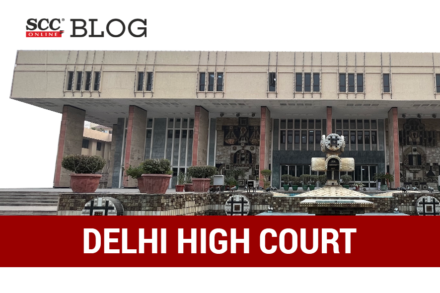
The impugned arbitral award was passed without considering the clauses of the Concessionaire Agreement while adjudicating on the rate of interest to be granted, thus, suffers from infirmity and patent illegality.
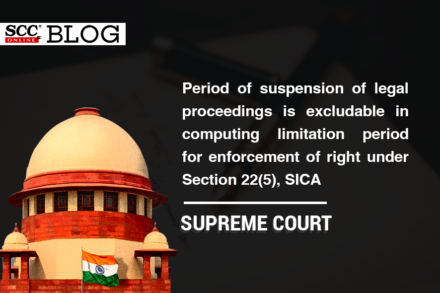
Supreme Court held that the period of suspension of legal proceedings is excludable in computing the period of limitation for the enforcement of such right in terms of Section 22(5), SICA. Further, the dismissal of the application under Section 9, IBC on the ground of ‘pre-existing dispute’ cannot be held to be patently illegal or perverse.
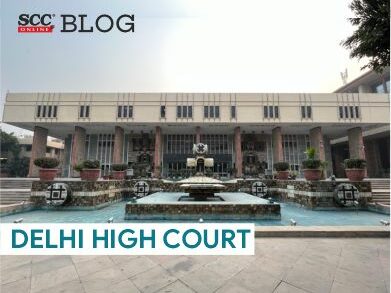
The scope of a challenge under Section 34 Arbitration and Conciliation Act, 1996 and Section 37 of the Arbitration Act, 1996 is limited to the grounds stipulated in Section 34 Arbitration Act.

The ground of Patent illegality gives way to setting aside an Arbitral Award with a very minimal scope of intervention. A party cannot simply raise an objection on the ground of patent illegality if the Award is simply against them. Patent illegality requires a distinct transgression of law, the clear lack of which thereof makes the petition simply a pointless effort of objection towards an Award made by a competent Arbitral Tribunal.
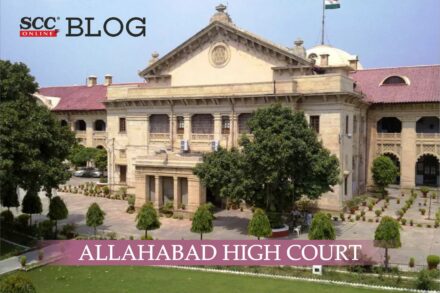
Allahabad High Court: In a bail application filed by the applicants for quashing the proceedings and setting aside the bail